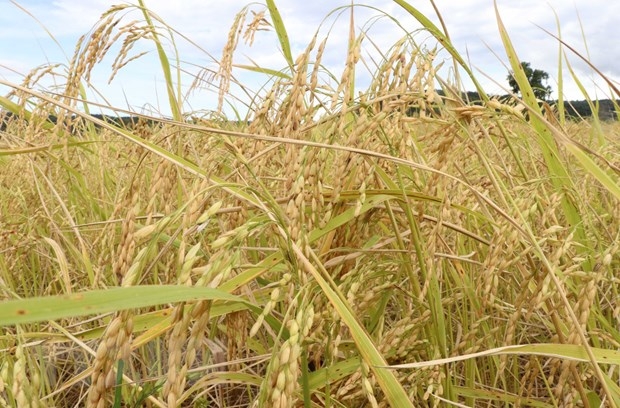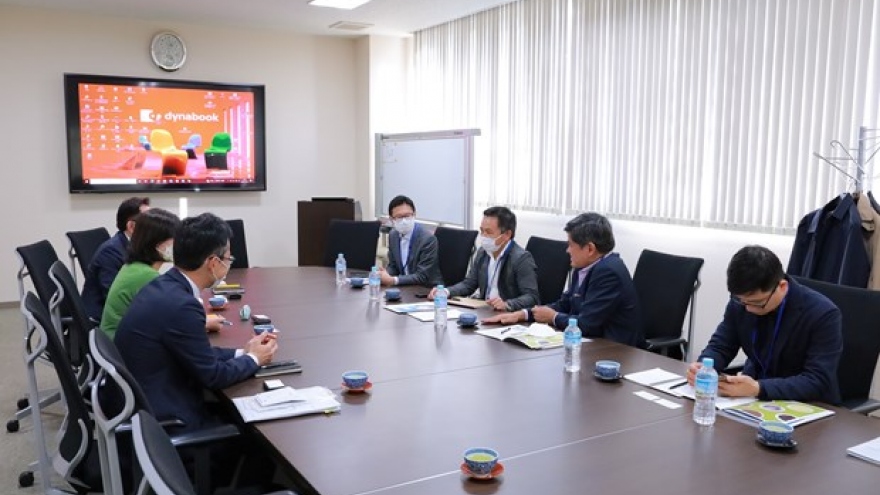Australia and Vietnam partner to develop new rice breed to tackle climate change
VOV.VN - Global food business SunRice Group is set to partner with Australian and Vietnamese researchers to develop a new variety of rice that helps local farmers adapt to climate change issues and boost exports from the Mekong Delta.
This information was released in an article recently published in the Australian Financial Review (AFR).
According to the article, researchers from the Australian Government and SunRice will work alongside Vietnamese scientists, growers, and the Government to help farmers grow higher-value crops amid subsidence and fresh-water shortages and the salinity challenges brought about by climate change. The move is therefore anticipated to open up new markets for Vietnamese rice.
The four-year research project will build on work carried out by the Australian Centre for International Agricultural Research (ACIAR), the University of Queensland, An Giang University, Can Tho University, and the Mekong Delta Rice Rearch Institute, along with farmers and provincial authorities in the Mekong Delta.
Rob Gordon, chief executive of SunRice, said the project will bring together the “best research, government and rice industry minds” from both Vietnam and Australia, all of whom are highly determined to improve the Delta’s rice value chain.
“We can link the small growers here that want to lift quality because we have branded value positions in so many markets around the world – we can match what’s produced here with consumer demand,” Gordon said October 26 at the SunRice mill in Cao Lanh close to the Cambodia border in Dong Thap province.
Andrew Campbell, chief executive of ACIAR, said the research would have an “enormous reach” into partnerships between the two countries in science, policy, and commercial value chain development.
Senator Tim Ayres, Australia’s assistant trade minister, said the US$3.5 million project will benefit rice growers across the Delta, as well as Australian agriculture in general, adding that the Mekong Delta is under real pressure from climate change, with capacity constraints being a core issue, not just for Vietnam but also for other Mekong Delta countries.
“Australia’s rice production is also under pressure. We, too, have water restraints. So, there is a common interest in developing this research capability,” he stressed.
Senator Ayers said he hopes that other companies will follow the SunRice example and “get their feet wet in Vietnam” and other South-East Asian nations.
“In Vietnam, the interest in investment is moving into a new phase of activity: fintech, agriculture, digital services. There are real opportunities there for the Australian investment community,” he noted.
He revealed that only 2.3% of Australia’s Outward Bound foreign direct investment is in Southeast Asia, though it is “the fastest growing region in the world.”



